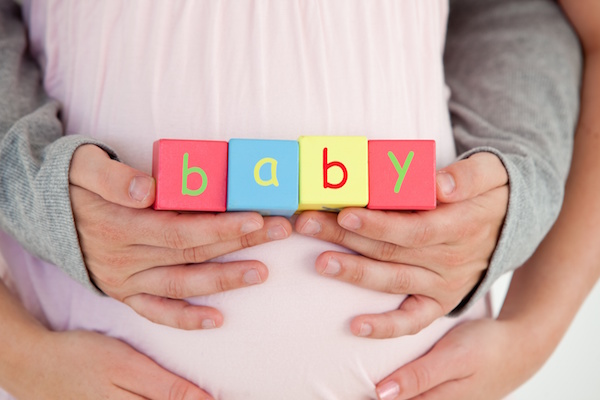
WEDNESDAY, April 1, 2015 (HealthDay News) — More Americans are surviving childhood cancers than ever before, but many suffer lingering health problems as adults, a new study finds.
About 70 percent of adults who survived cancer in childhood have a mild or moderate chronic condition. And nearly one-third have a severe, disabling or life-threatening condition, the researchers found.
“The fact that many of the indicators of the chronic conditions we examined increased with age was not altogether surprising. However, when you look at the age of these survivors, the magnitude of these conditions at relatively young ages is quite striking,” said lead researcher Siobhan Phillips, an assistant professor of preventive medicine at Northwestern University Feinberg School of Medicine in Chicago.
Typically, these health conditions wouldn’t be expected to be a problem until people are much older, Phillips said. “Therefore, it is important to understand how we can help prevent and lower the risk of chronic conditions and compromised functioning in this population,” she added.
For the study, Phillips and her colleagues used information collected between 1975 and 2011 from two large cancer studies that included 26 cancer centers in North America.
Almost 389,000 survivors of childhood cancer are living in the United States today, according to Phillips. “This is an increase of 59,849 from the previous estimate made in 2005,” she said.
Of these survivors, about 84 percent had survived five or more years after diagnosis, Phillips said.
“An estimated 35 percent of the survivors, ages 20 to 49, had thinking or developmental problems, and about 13 to 17 percent of those in this age group had functional impairment, activity limitations, impaired mental health, pain, or anxiety and fear,” she said.
According to the study, the most common cancers children develop are various types of leukemia followed by brain tumors and kidney cancer.
Dr. Ziad Khatib, a pediatric oncologist at Nicklaus Children’s Hospital in Miami, said the mental and physical problems these adult patients are experiencing are a result of either the cancer itself or the chemotherapy and radiation that were used to treat it.
For example, brain tumors can affect mental development, as can the surgery to remove them and the chemotherapy and radiation used to kill any remaining cancer, he explained.
However, improvements in treatments used today may help prevent many of these chronic side effects in the future, Khatib said. “Many of these patients [in the study] were treated in the 1970s,” he said. “In those days treatments were much more aggressive and used high doses of chemotherapy and radiation, and they had more side effects than the treatments we use nowadays.”
Khatib said that given better treatments in use now, fewer childhood cancer survivors should have chronic conditions as they age.
Most pediatric patients today do well, Khatib said.
Yet problems do occur. For example, children who’ve had leukemia can have difficulty with learning and attention issues, Khatib said. “Sometimes they have memory problems and need extra tutoring,” he said.
“And children who have had brain tumors can have significant problems with balance and mobility problems,” he added.
There can also be growth problems that require growth hormone injections, Khatib said.
Rebecca Kirch, director of Quality of Life and Survivorship at the American Cancer Society, said it’s not just a question of surviving, it’s a question of quality of life.
“We really haven’t done our job unless they survive and thrive. There is no reason we shouldn’t be demanding both higher survival and high quality of life,” said Kirch.
The study findings were published April 1 in Cancer Epidemiology, Biomarkers & Prevention.
More information
For more on childhood cancer, visit the U.S. National Cancer Institute.
Copyright © 2024 HealthDay. All rights reserved.

